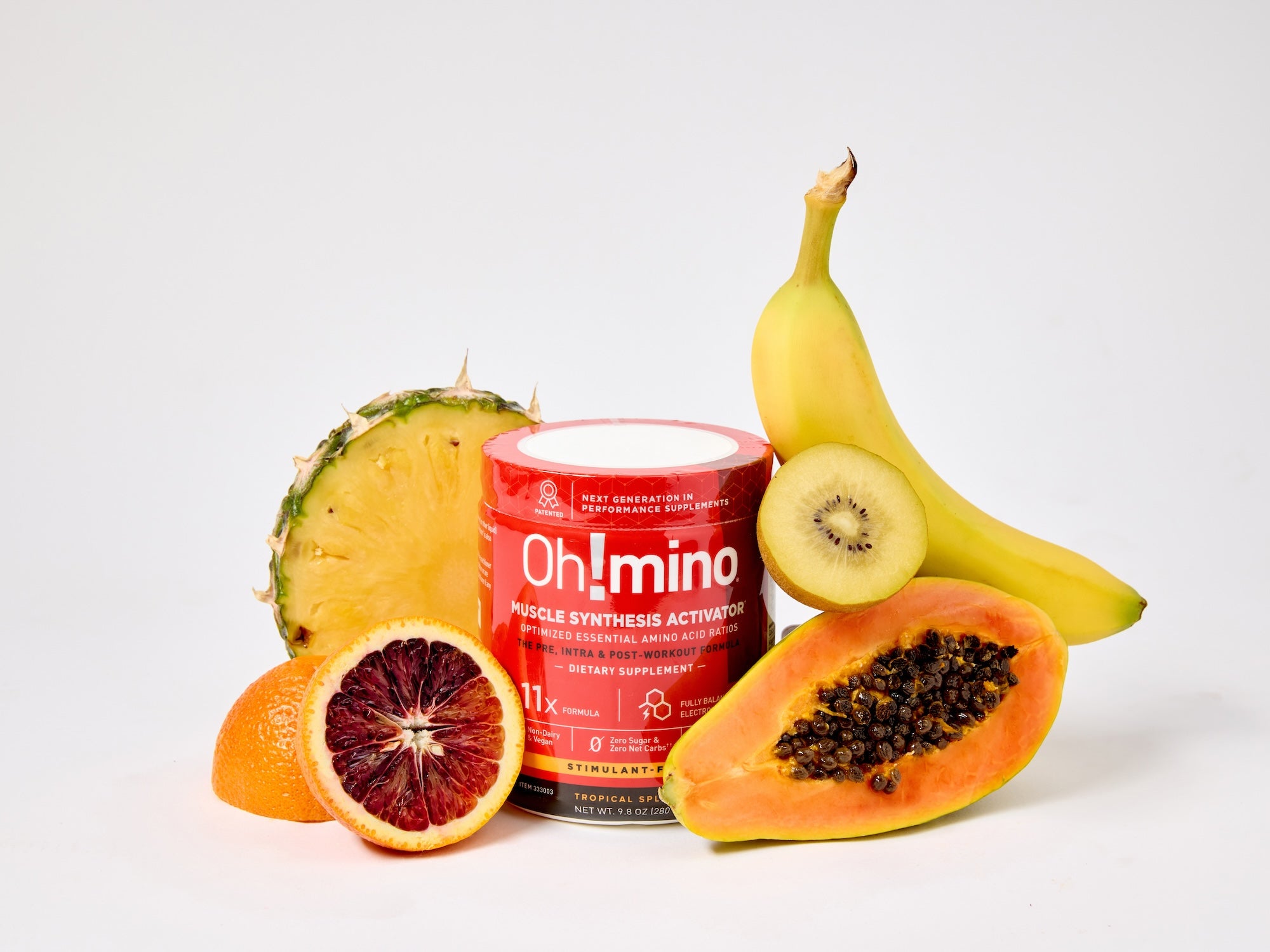Sugar, that delightful, sweet molecule we encounter daily in a myriad of foods, has become a dietary staple, gracing our breakfast cereals, drinks, and even unsuspecting savories.
As sugar wends its way into more food items, concerns have grown surrounding its health impacts, particularly the contentious topic of sugar addiction.
Let's embark on a journey to uncover the sweet (or not so sweet) truth about this debate.
Defining Sugar Addiction
Sugar addiction embodies the intense cravings and the perceived need to devour sugar-rich foods, even in the face of potentially adverse health repercussions.
Strikingly, it's not uncommon to hear sugar addiction spoken of in the same breath as drug addiction.
A bold comparison, to be sure, but is there scientific merit behind this analogy?
The Pleasure Principle: Sugar's Play in our Brains
Dive into the inner workings of our brain, and you'll discover a profound relationship between sugar and pleasure.
Here's how it unfolds: once sugar enters our system, dopamine—a neurotransmitter linked to feelings of euphoria and reward—is released in the nucleus accumbens, our brain's epicenter of pleasure.
Intriguingly, this dopamine-driven pathway mirrors the neurological reactions observed with drug intake, such as cocaine.
This parallel has fueled the theory that sugar possesses addictive traits.
From Lab Rats to Controversies
A substantial chunk of our understanding stems from animal studies, primarily on rats.
Researchers found that rats, when subjected to sugar-heavy diets, showcased behaviors echoing drug addiction, including cravings, binge-eating, and even withdrawal symptoms.
Furthermore, these rats manifested changes in their brain's dopamine and opioid systems, echoing reactions to addictive substances.
However, while these findings are compelling, the leap from rats to humans is vast.
Human studies have brought to light the murkiness of this debate. Yes, there's evidence to suggest sugar ignites cravings and activates our brain's reward circuitry akin to drugs.
Still, critics highlight that consuming sugar, usually part of essential food, is different from consuming drugs purely for a 'high.'
Beyond the Addiction: The Health Impact
Moving past the addiction debate, the adverse health outcomes linked to excessive sugar intake are irrefutable.
We're looking at concerns ranging from obesity, heart diseases, to type 2 diabetes. So, whether or not sugar earns the 'addictive' label, trimming down its consumption is undeniably a step in the right direction for global health.
Armed with the knowledge that sugar can activate our brain's reward centers, we can tailor strategies that offer alternate pleasure sources.
An emphasis on recognizing hidden sugar sources in processed foods and endorsing whole, nutrient-rich foods is also pivotal for fostering holistic health.
The Bittersweet Conclusion
Deciphering the intricate relationship between sugar and addiction is a multi-layered task, with the landscape of scientific understanding constantly evolving.
Even if the neural reactions to sugar mimic those to drugs, extrapolating these insights to human behavior remains a challenge.
Nonetheless, the detrimental health impacts of excess sugar consumption are unequivocal, emphasizing the need for a balanced, moderated diet.
For these reasons, we formulated Oh!mino without sugar! We use a healthy blend of monk fruit, stevia, and erythritol (all naturally sweet with added health benefits).
So, as we continue our pursuit of knowledge, let's relish sugar with a sprinkle of caution and a spoonful of awareness.
Stay fit my friend,
Michael
Founder & CEO


